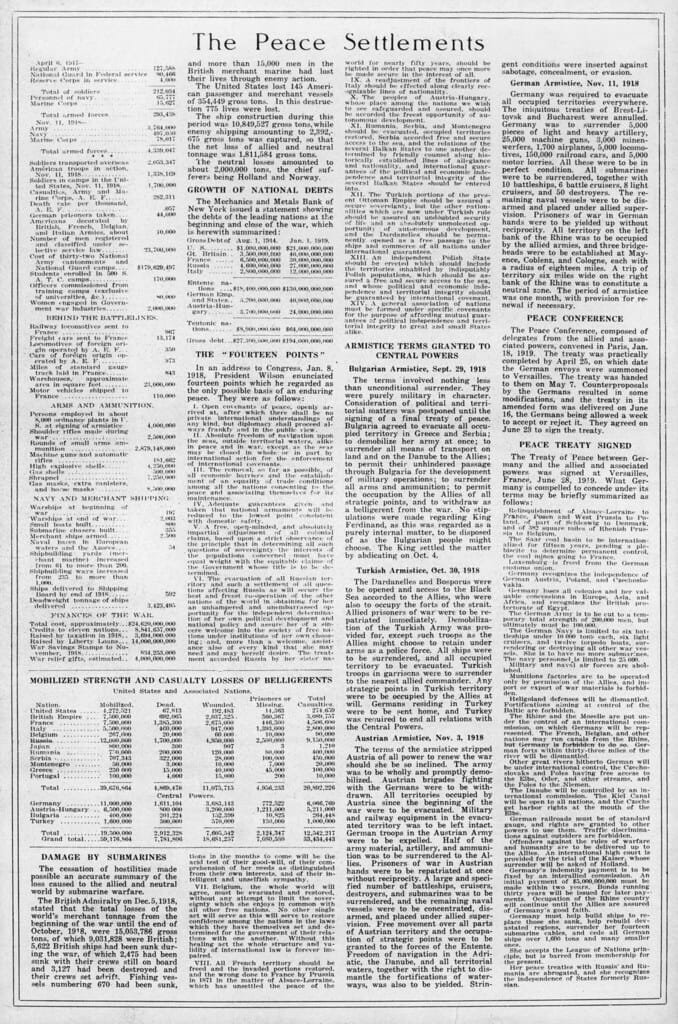Russia Mandates State-Backed Messaging App on All Devices as Digital Iron Curtain Tightens
Russia has escalated its digital sovereignty campaign by requiring manufacturers to pre-install a homegrown WhatsApp alternative on all smartphones and tablets sold in the country, marking another significant step in the Kremlin's efforts to control digital communications and reduce dependence on Western technology platforms.
The Digital Sovereignty Decree
The Russian government has mandated that all mobile devices sold domestically must come with pre-installed Russian-developed messaging applications, with the state-backed messaging service positioned as the primary alternative to Western platforms like WhatsApp, Telegram, and Signal. This directive, implemented through Russia's Federal Service for Supervision of Communications, Information Technology and Mass Media (Roskomnadzor), affects both domestic and international manufacturers operating in the Russian market.
The move represents a dramatic expansion of Russia's 2019 law requiring pre-installation of Russian software on electronic devices, which initially focused on search engines, maps, and social media platforms. Now, the mandate specifically targets messaging applications—arguably the most sensitive category of personal communication tools.
Technical Implementation and Market Impact
Manufacturers including Samsung, Apple, Xiaomi, and domestic producers like BQ and Inoi must comply with the new regulations or face potential market exclusion. The state-backed messaging platform, developed with significant government funding, features end-to-end encryption and integration with Russian government services, though cybersecurity experts have raised questions about backdoor access capabilities.
Industry analysts estimate that this requirement affects approximately 30 million new devices sold annually in Russia's smartphone market, valued at over $8 billion. Major retailers report that compliance has already begun, with some manufacturers developing Russia-specific firmware versions to meet the mandate while maintaining standard configurations for global markets.
Geopolitical Context and Timing
This digital sovereignty push comes amid heightened tensions between Russia and Western nations, particularly following increased sanctions and technology restrictions. The timing appears strategically linked to Russia's broader effort to create domestic alternatives to Western digital infrastructure, part of what officials term "technological independence."
The messaging app mandate follows similar moves by other countries seeking digital autonomy. China's restrictions on WhatsApp and promotion of WeChat, India's temporary TikTok ban, and various national attempts to regulate foreign technology platforms reflect a global trend toward digital protectionism.
Russian officials justify the policy as protecting national security and user data sovereignty, arguing that domestic platforms provide better protection against foreign surveillance. Deputy Digital Development Minister Maxim Parshin stated that "Russian citizens deserve messaging platforms that prioritize their privacy and comply with our national security requirements."
Privacy and Surveillance Concerns
Digital rights advocates and cybersecurity researchers express significant concerns about the implications for user privacy and government surveillance capabilities. Unlike established platforms with international oversight and transparency reports, the state-backed alternative operates under Russian jurisdiction with limited independent auditing.
Edward Snowden, speaking from Moscow, warned that mandatory pre-installation of government-approved messaging apps represents "a dangerous precedent that prioritizes state surveillance over individual privacy rights." International privacy organizations have documented similar concerns in other countries where governments mandate specific communication platforms.
The European Union has indicated it may investigate whether the mandate violates trade agreements and digital rights standards, potentially leading to additional economic tensions between Russia and Western markets.
Looking Forward: Implications for Global Digital Governance
Russia's messaging app mandate signals a broader shift toward fragmented global internet governance, where nation-states increasingly assert control over digital communications within their borders. This trend challenges the traditional model of globally accessible platforms and raises questions about the future of international digital connectivity.
Technology companies now face complex compliance decisions: adapt products for individual national requirements or risk losing access to significant markets. For users, the implications include potential limitations on cross-border communication and concerns about privacy protection under varying national frameworks.
Key Takeaways
The Russian government's mandate for pre-installed state-backed messaging apps represents more than a regulatory requirement—it's a fundamental shift toward digital isolationism that prioritizes state control over user choice and international connectivity. As governments worldwide grapple with balancing national security, user privacy, and technological sovereignty, Russia's approach offers a stark example of how digital governance policies can reshape the technological landscape.
This development demands attention from policymakers, technology companies, and users globally as similar measures may emerge in other jurisdictions, potentially fragmenting the global digital ecosystem along geopolitical lines.
